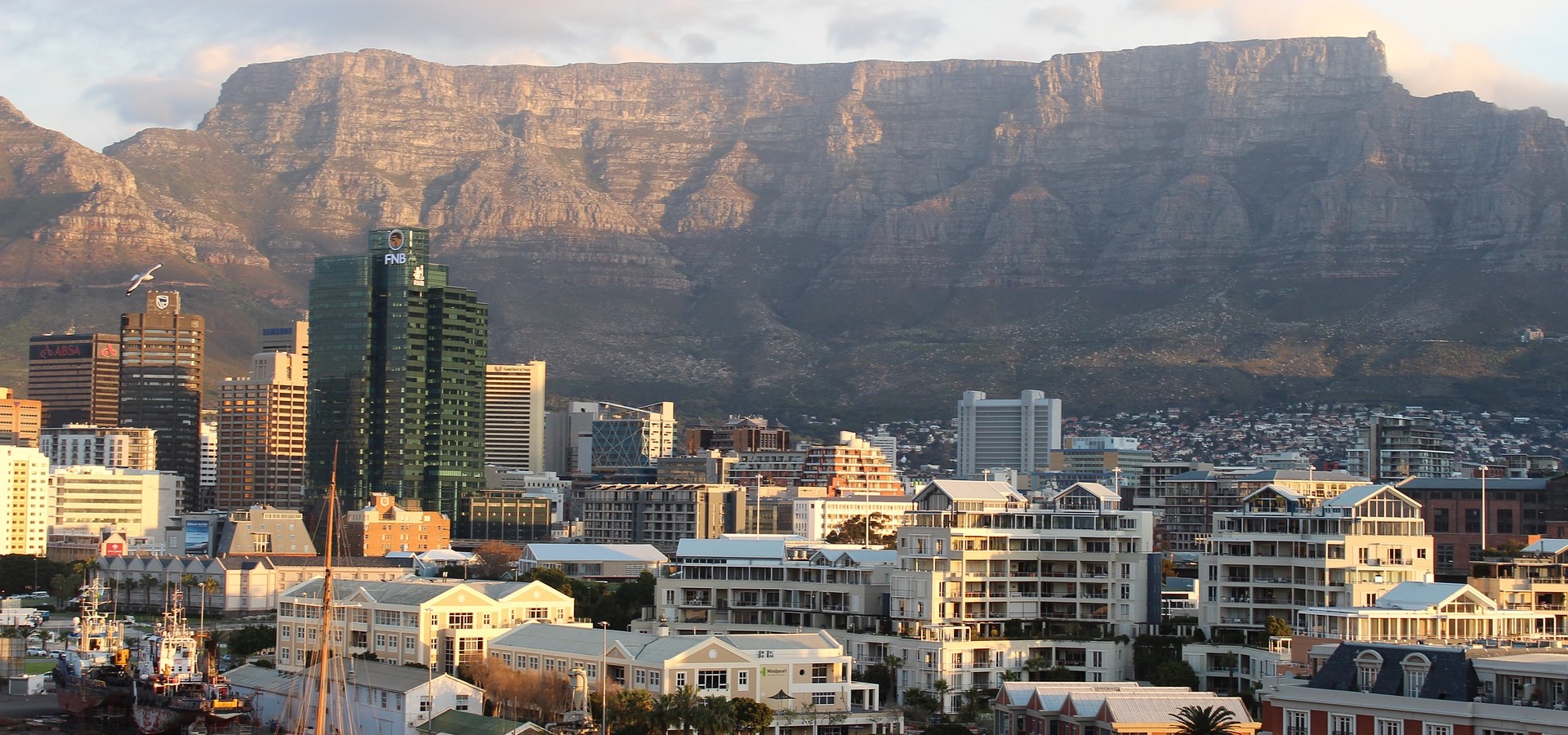The four-year drought which gripped southern and east Africa between 2015 and 2018 hit small businesses in many of the major cities. As we start to count the financial cost of this, it shows up the complex relationship between water and energy, and that a ‘just transition’ here means finding ways to support businesses against the economic fallout of climate-related shocks, writes Leonie Joubert.

Climate change also has an impact on the labour market. Small businesses are the most affected. (Public Domain)
There’s a small car-wash business that operates in the basement parking at a local shopping centre close to where I live, about ten kilometres from the heart of Cape Town. It’s not an automated drive-through set-up. It employs about five or six men to hose down, soap, dry, and polish the steady stream of cars that move through it six days a week.
But in late 2017, the ongoing drought that had gripped much of southern and east Africa for nearly four years brought this South African city to within three months of running out of water. To stretch what little water was left in the dams here, the Cape Town municipality put ever-tighter water restrictions in place: we had to stop watering our gardens using hosepipes or sprinklers; we couldn’t fill up private swimming pools using municipal water; we were urged to limit our daily water use to 100 litres per day per person, and then 87 litres per day.
The restrictions started to hit small businesses, too. One Monday morning, this carwash, which I’d been using for years, was closed and silent in the darkness of the shopping centre basement. And it stayed that way for months, until the drought finally broke in June 2018 and restrictions were loosened a bit. I don’t know what the staff from the carwash did to earn a living during the temporary closure, but in a country where one in four employable adults can’t find work, particularly for those who don’t have post-school training or special skills, the chances are these men and their families lost several months’ income.
This direct link between a climate shock like this drought, and the impacts on small water-dependent businesses, is fairly obvious. But another story was unfolding in the Zambian capital of Lusaka, about 3 000 km north of Cape Town, which shows the more complicated relationship between extreme weather events, water, and the survival of small businesses.
It’s the question of hydro-power.
Zambia gets about 85 percent of its electricity from hydro-power, most of which is generated by the power plant in Lake Kariba. As the water level in the dam dropped during the drought, Zambia’s power utility began scheduled load-shedding to stabilise the grid and manage dips in electricity supply. During these managed blackouts, many small businesses couldn’t operate.
The London School of Economics recently finished a study where they looked at the impact of extreme weather events – particularly drought and flooding – on small business operators in three capital cities in the southern and east Africa: Gaborone in Botswana, Nairobi in Kenya, and Lusaka in Zambia.
According to Prof Declan Conway, co-author on the study and researcher with the Grantham Research Institute on Climate Change and the Environment at the LSE, when we think about the implications of a drought like this, it’s usually in terms of the threat to agriculture and food security. But this study puts an interesting new spin on an issue that’s going to become more pressing in the region as climate change continues to change rainfall patterns.
The researchers wanted to understand how disruptions in water or energy supply might impact on people living in cities here. How, for instance, does a restaurant or panel beater in Lusaka protect itself against the financial fallout of power shortages linked with a multi-year drought like this one?
After surveying many businesses in Lusaka, they found that business owners used various strategies to cope: many bought diesel generators for back-up power, some moved to different premises, others changed their operating hours, some cut back on staff, others decide not to expand their business. For some, these changes were temporary, for others, they were permanent.
The study found that many businesses also had to cope with bigger overheads, such as having to buy diesel to run the generators, and cover the extra transport costs of having to travel to collect the fuel.
Formal and informal micro, small and medium-sized businesses – what the World Bank defines as business that have between one and 99 employees – are central to the economy of the region. According to the LSE study, these kinds of operators account for about 80 percent of total employment in these urban economies.
Development projects and policies that support small enterprises to access finance might be a good way to support a just transition in these developing world cities.
Meanwhile, back here in Cape Town, I’m happy to report that my local carwash is up and running again, and the team of young men are back at their posts. But the truth is that these kinds of droughts are going to become more common-place in the region. The impact on small businesses – the engine rooms of these local economies – will be hit hard in the long run.